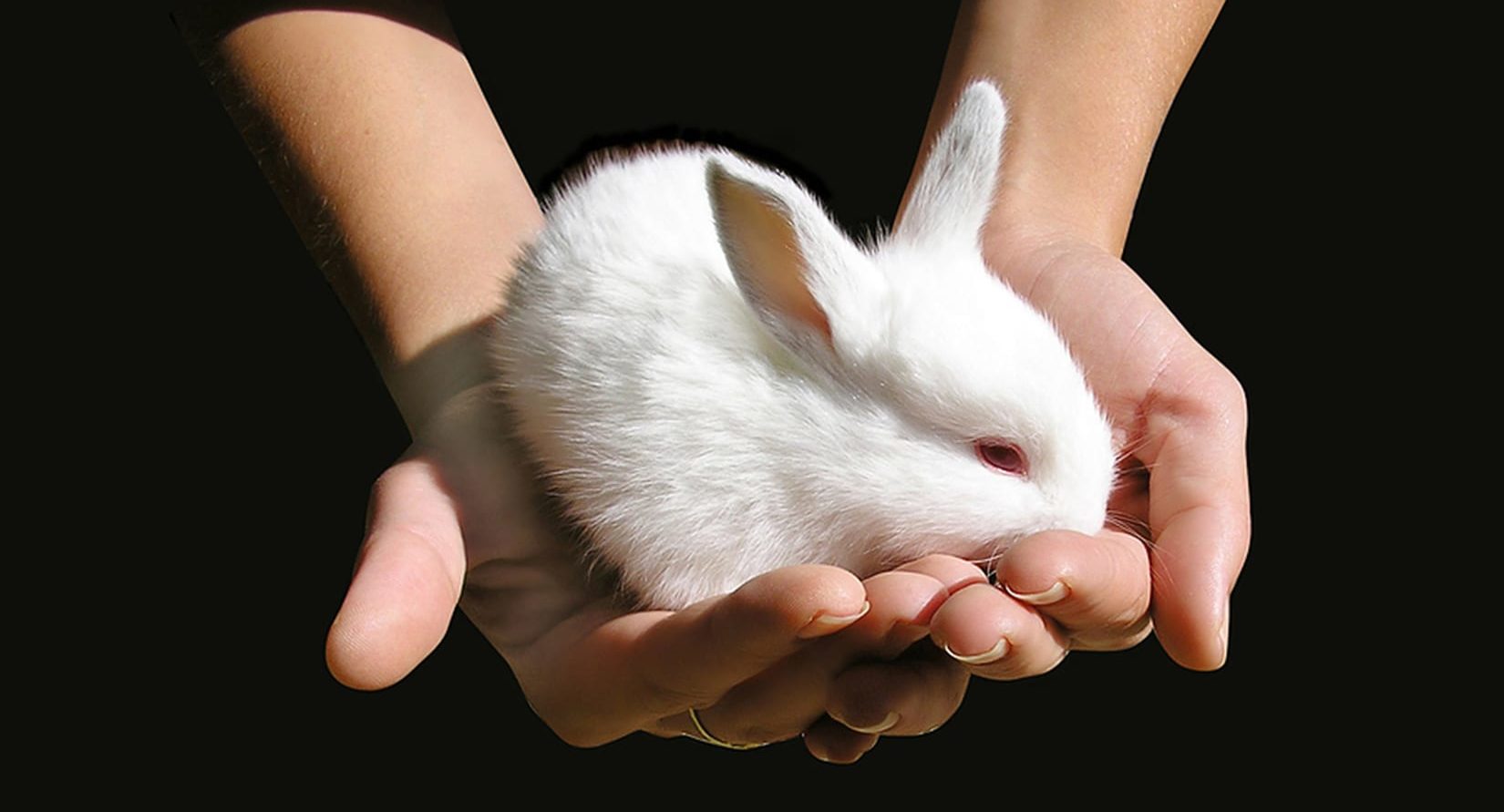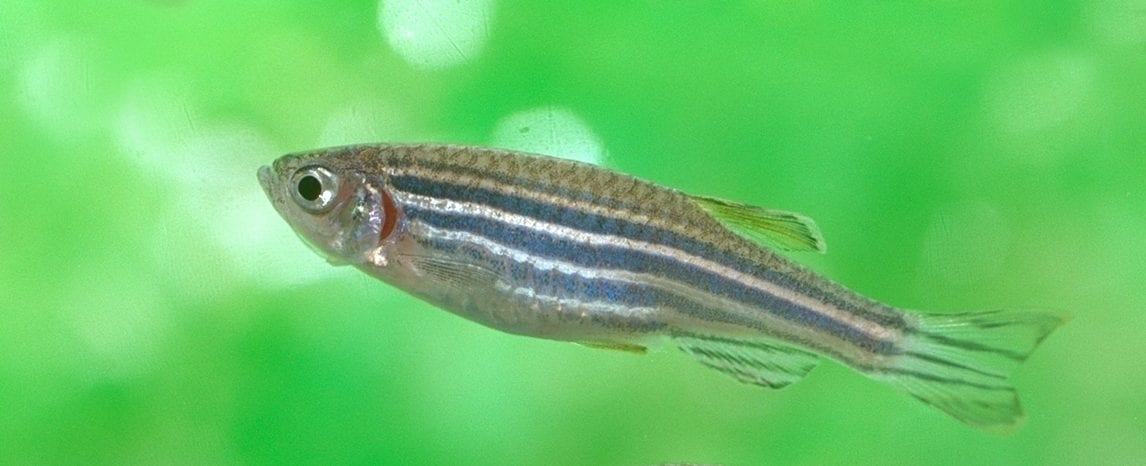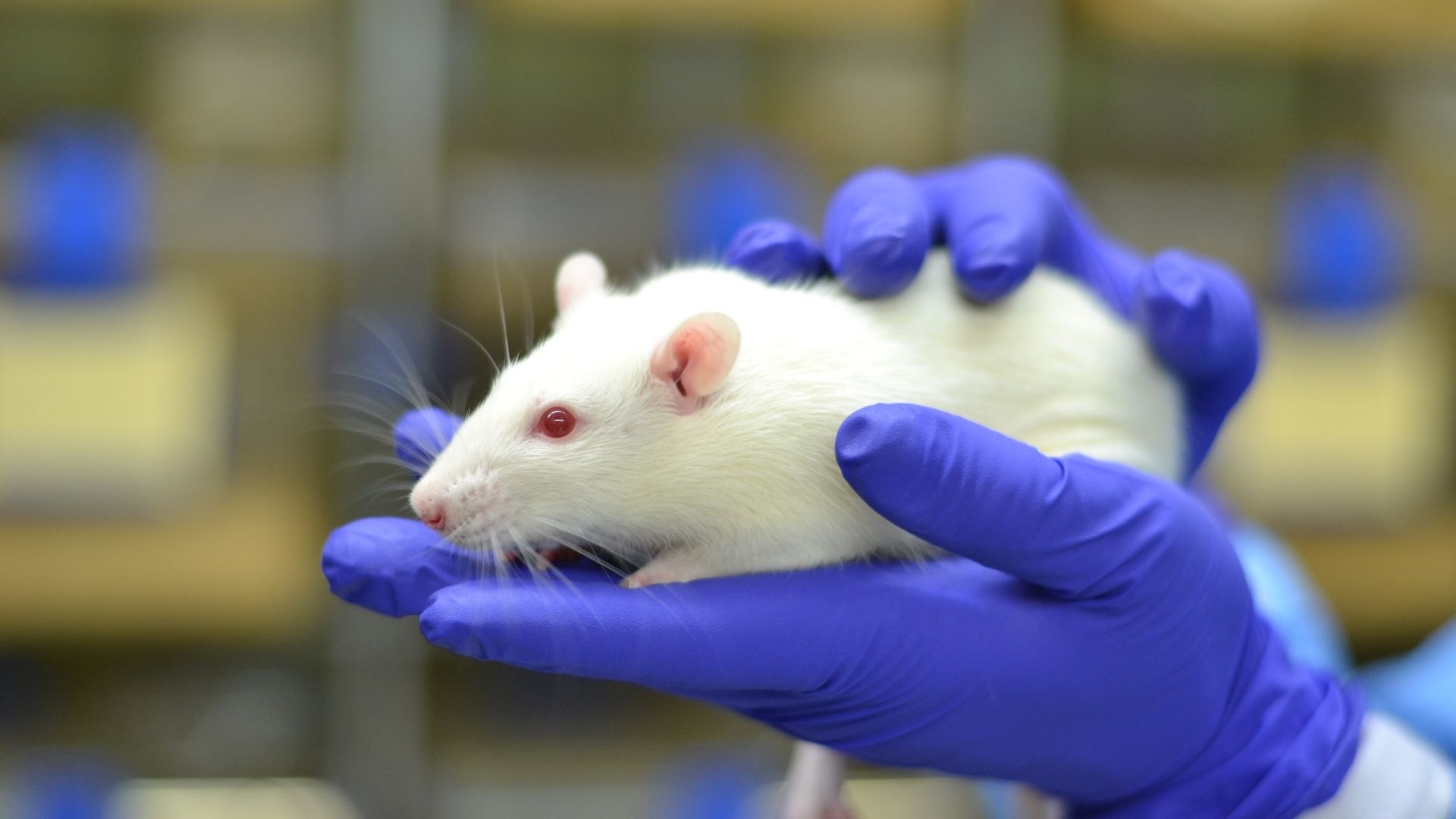Live animals and their bodies or tissues are used for scientific purposes that aim to improve the lives of people and animals. However, the BC SPCA envisions a society where the direct use of animals is not necessary for advancements in scientific research, testing or education.
The BC SPCA opposes any procedure using animals in science that causes pain, suffering, distress or lasting harm. Review BC SPCA Position Statements on animals used in science, including research, teaching and testing.
BC SPCA staff serve on national committees of the Canadian Council on Animal Care and give input into assessments of institutions using animals.

We do not see a need for using live animals or their parts in teaching, unless part of a specialized post-secondary animal care program (such as veterinary sciences, animal health technology, animal welfare, etc.) as there are alternatives that meet or exceed learning outcomes. Learn more about non-animal alternatives in teaching and humane science education.
How are animals used in testing?
Food items, medical equipment, pharmaceutical products (medicines, vaccines, etc.), chemicals, radiation emitting devices, cosmetics and pesticides are legally required to meet the safety obligations set out by Health Canada. Such efficacy and safety testing often involves the use of animals.
However, given the past years of testing and the large body of research available on non-essential substances like cosmetics, household cleaning products, cigarettes and alcoholic beverages, there is no need to continue such practices. Learn more about Canada’s journey to finally ban cosmetic testing and phase out toxicity testing.
How are animals used in research?
The development of new human and animal medicines, field studies of wildlife, and basic studies to understand life processes are all examples of research. Animal welfare should always be a primary consideration in any research protocol, with diligent program oversight and adherence to the three Rs tenet: Replacement, Reduction and Refinement.
- Replacement: refers to methods which avoid or replace the use of animals in an area where animals would otherwise have been used.
- Reduction: refers to any strategy that will result in fewer animals being used.
- Refinement: refers to the modification of husbandry or experimental procedures to minimize pain and distress.
The benefits of any research using animals should far outweigh the harms.
How is animal use in science regulated in Canada?
The Canadian Council on Animal Care (CCAC) is a quasi-regulatory agency that oversees animal use of participating member institutions. Membership to CCAC is required for institutions receiving public funding in Canada, but private research institutions may also opt in. However, other private animal research companies and the use of animals in high schools is not monitored by the CCAC.

Take action for animals
Want to be the first to know about actions you can take on behalf of animals? Subscribe to receive Action Alerts.

